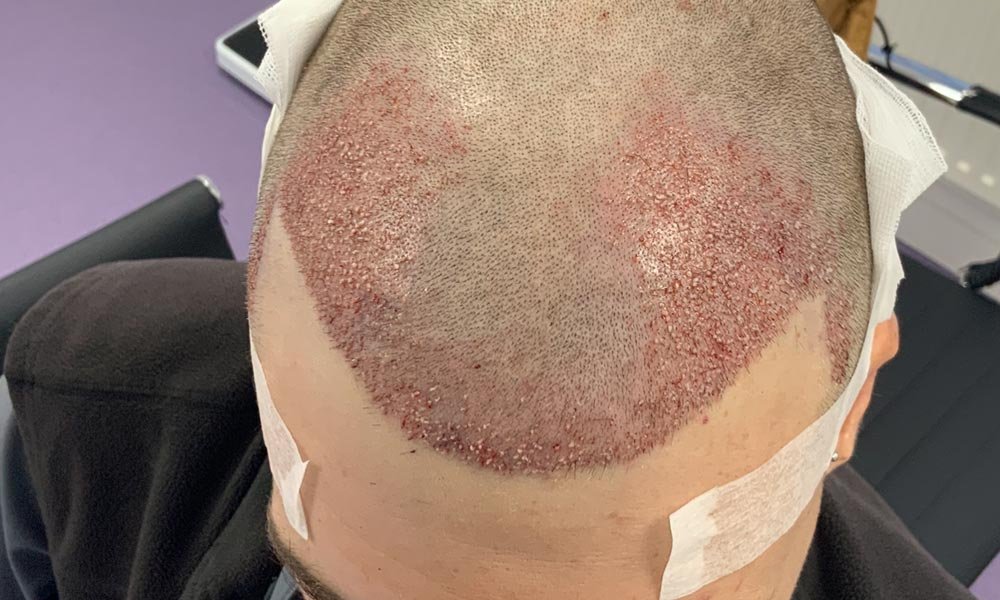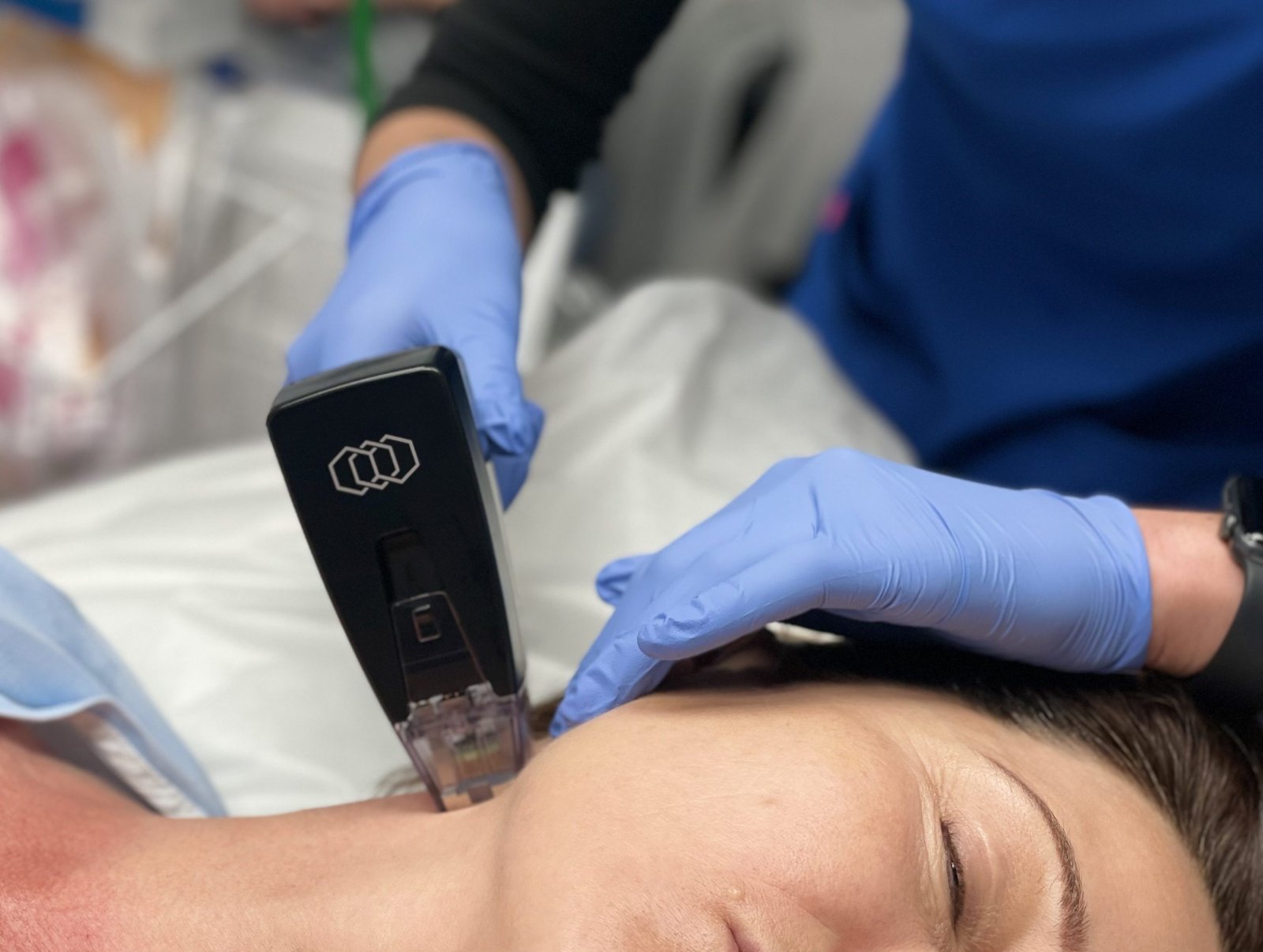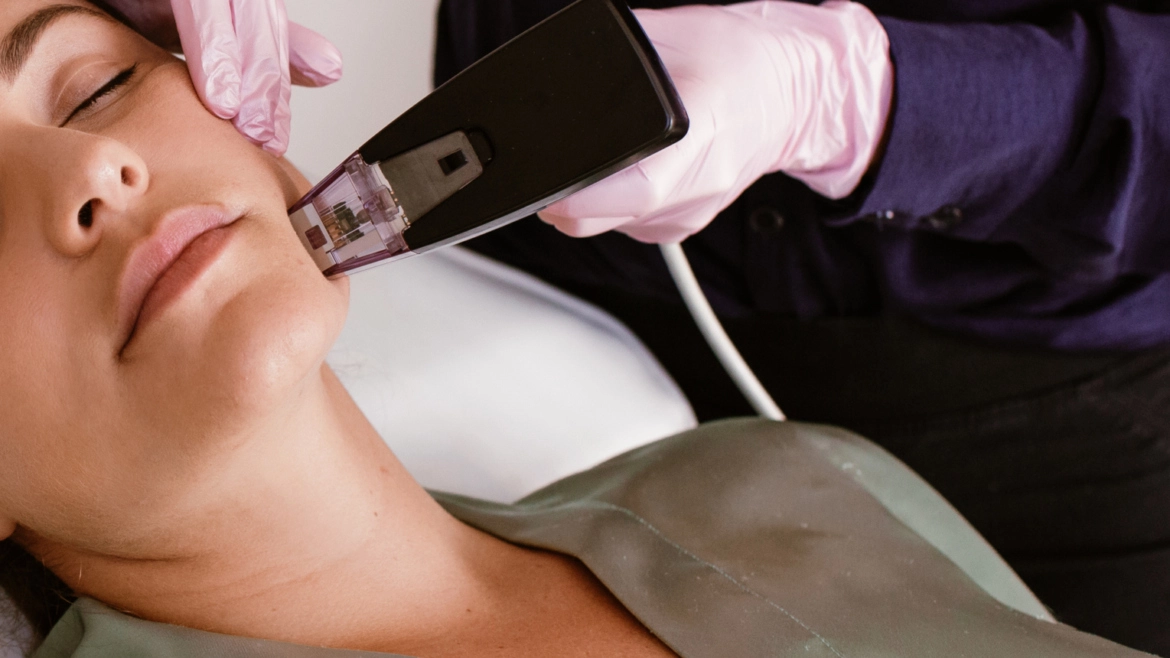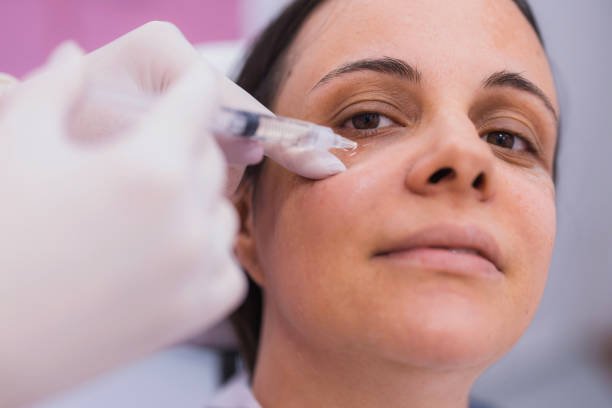Individuals with disabilities can apply for various forms of funding to access carer and personal support services. These funding models are intended for autonomous living as much as possible, emphasising the quality of life for people with disabilities who require aid. Below are the primary funding options available for disability support services in Melbourne.
1. National Disability Insurance Scheme
The NDIS is an inclusive funding support system for disability participants, supplying monetary support for service arrangements, primarily focusing on coordination services, personal care, treatment options, and assistive technology equipment. It enables users to manage their support services and make choices about providers.
Eligibility necessitates having a permanent disability that substantially affects daily activities. Once approved, a personalised plan outlines specific support and funding requirements that can be met.
2. My Aged Care for Older Individuals with Disabilities
My Aged Care is vital as a funding source for individuals 65 years and above or below 65 years of age with particular qualifying Aged Care needs. This government program connects them to essential services like home help and nursing support.
By completing the assessments, clients identify their needs for aged care and get support for personal care, home adaptation, home care assistance, and caregivers to ensure they receive the necessary help to remain self-reliant through essential support at home.
3. Disability Support Pension
DSP is a federal program that provides financial assistance to individuals who cannot work due to disability. While it doesn’t directly fund services, it helps cover living expenses, allowing recipients to pay for care or support.
Those not eligible for the NDIS can still access the DSP as a supplementary income source. Participants must meet specific criteria, such as the degree of the disability, the extent of the disability, and whether one can work or not.
4. Victorian State-Based Disability Support Programs
In addition to the NDIS, the Victorian Government provides other state-funded disability support services for those people with disability who may not be eligible for the NDIS or require further services.
These programs involve local government services such as home care support, physiotherapy, and childcare services.
Local councils or community-based organisations are generally designed to address the long-term needs of patients.
5. Private Health Insurance
Disability participants depend on their health insurance to cover services that the agency, department, or ministry, such as physiotherapy, occupational therapy, or counselling/psychological services, do not subsidise.
Private insurance can also contribute where the NDIS will not or may only partially cover medical expenses and other items like wheelchairs and hearing aids. This insurance is beneficial for accessing specialised or supplementary care.
6. Charitable Grants and Non-Government Organisations
Different non-governmental organisations and charitable organisations consider offering grants and funding to people with disability who do not meet government agency criteria. These grants can be used for home modifications, respite care, or assistive equipment such as communication and mobility devices.
Some others provide funding for specific disabilities and requirements, such as the Royal Institute for Deaf and Blind Children (RIDBC) and The Brain Foundation.
7. Workplace Adjustments and Employer Support
Accommodation for individuals with disabilities in the workplace is not a dream, as funding is available to assist any employed person with a disability. The Employment Assistance Fund (EAF), working under the Australian Government’s umbrella, pays employers funding to integrate employees with disability.
This funding may cover regular adjustments in the workplace, hardware and other modifications, and employee support that enables a working environment conducive to effective job performance.
8. Home Care Packages
To help those individuals who require help in their daily lives but are willing to stay at home, HCP supports older people.
My Aged Care includes personal care, nursing, and domestic assistance, categorised into four levels, each with specific funding based on care needs.
This funding is essential for individuals with disabilities who wish to live self-dependent as they age.
9. Community-Based Funding Programs
Local councils and community organisations provide funding for individuals with disabilities, emphasising social inclusion. These programs provide transportation to and from community activities and support groups; moreover, they offer vital monetary support for attendance at community activities and support groups.
Other forms of financial support include travel allowances and arrangements for continued participation in community and mental health-boosting exercises.
10. Personal Savings and Family Contributions
While many rely on government programs and insurance, some individuals and families choose to contribute personally to their disability support needs. Personal savings or family contributions can supplement government funding, covering service gaps when additional support is needed.
Some families pay for services out-of-pocket for short-term, or emergency needs to ensure a smoother service delivery while waiting for funding bodies to process their formal evaluations and approvals.
In a Nutshell
Various funding sources are accessible in Australia for individuals with disabilities, including charitable organisations, private insurance, state government programs, and NDIS services in Melbourne.
Each option has specific eligibility criteria and focus areas, creating a diverse support system that helps individuals access necessary care.
By exploring all available funding avenues, individuals can make a tailored support plan that enhances their independence and quality of life. ..
















Leave a Reply